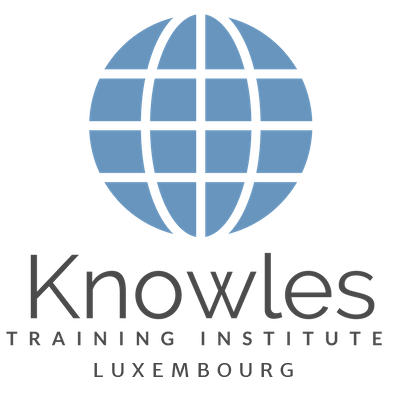Skip to content
Active RecallIntern1bksiuevej76kHhK2023-07-18T14:03:41+08:00
Active Recall
Unleash Your Memory Potential: The Active Recall Method Explored
- Retrieval Fluency: Active recall improves retrieval fluency. By practicing retrieving information, learners become more fluent in recalling and accessing that information, which leads to increased confidence and efficiency in their learning process.
- Metacognitive Reflection: Metacognitive contemplation is encouraged by active recollection. By reflecting on their own learning strategies and assessing the effectiveness of their recall efforts, learners gain insights into their cognitive processes and make informed adjustments to optimize their learning outcomes.
- Active Retrieval and Critical Thinking: Active recall fosters critical thinking skills. By actively retrieving information and engaging in deep analysis, learners develop their ability to evaluate, analyze, and apply knowledge in a thoughtful and discerning manner.
- Conceptual Integration: Active recall supports the integration of new knowledge with existing knowledge. By actively recalling and connecting information across different topics or subjects, learners build a network of interconnected concepts, facilitating a deeper and more comprehensive understanding.
- Mnemonic Devices: Active recall can be combined with mnemonic devices. By actively retrieving and associating information with vivid and memorable cues, learners create mental shortcuts that aid in memory retrieval and retention.
- Dual Coding: Active recall complements dual coding. By actively recalling information and combining it with visual or auditory representations, learners engage both verbal and non-verbal memory systems, strengthening memory encoding and retrieval.
- Self-Reflection: Active recall prompts self-reflection. By actively evaluating their recall performance, identifying areas of weakness, and adapting their study strategies accordingly, learners become more self-aware and effective in their learning process.
- Mind Mapping: Active recall can be paired with mind mapping techniques. By actively recalling information and visually organizing it in a hierarchical and interconnected manner, learners enhance their understanding and facilitate memory retrieval through the visual representation of knowledge.
- Active Recall for Complex Problem Solving: Active recall is valuable for complex problem solving. By actively retrieving and applying knowledge to solve challenging problems, learners develop higher-order thinking skills and enhance their problem-solving abilities.
- Consolidation through Retrieval: Active recall aids in the consolidation of learning through retrieval practice. By actively retrieving information over time, learners reinforce memory traces and promote the transfer of knowledge from short-term to long-term memory storage.
Page load link

